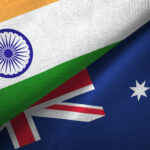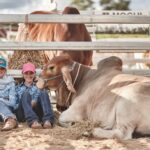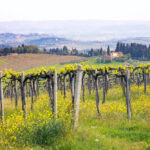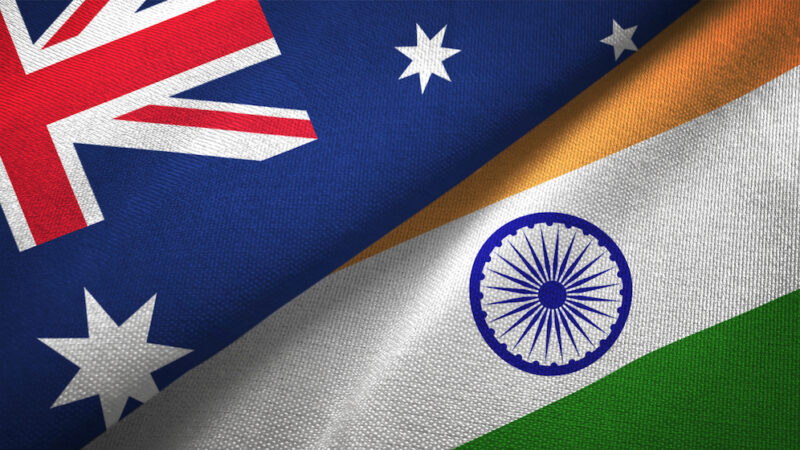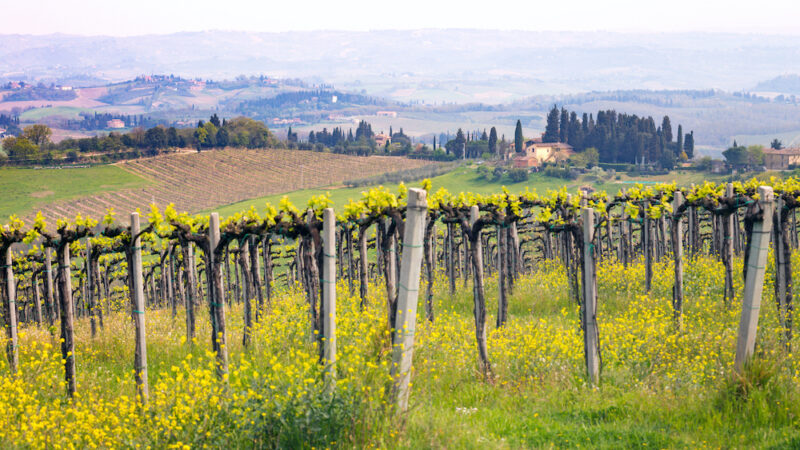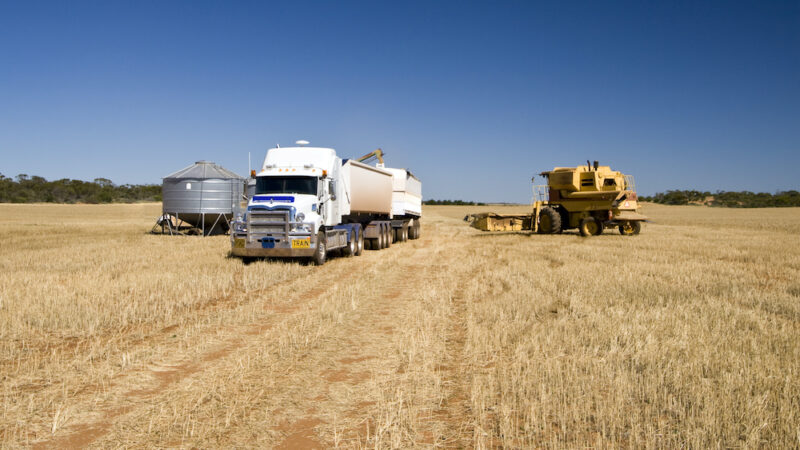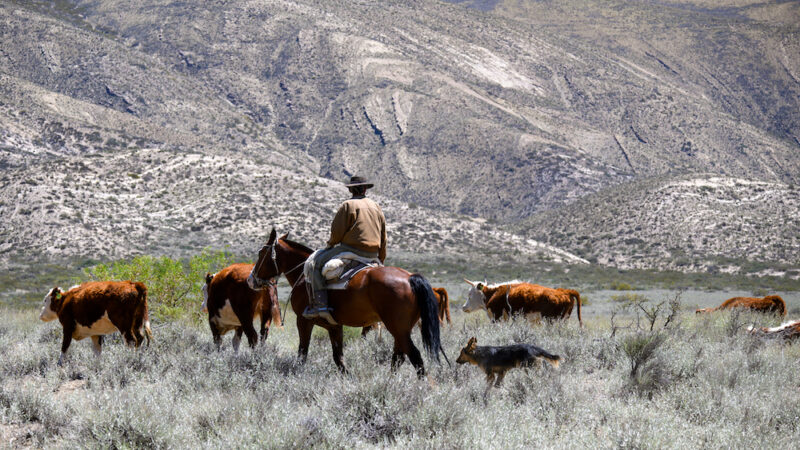An interim free trade agreement is heralding a new era of trade relations between Australia…
Trade deal a cheap photo opp
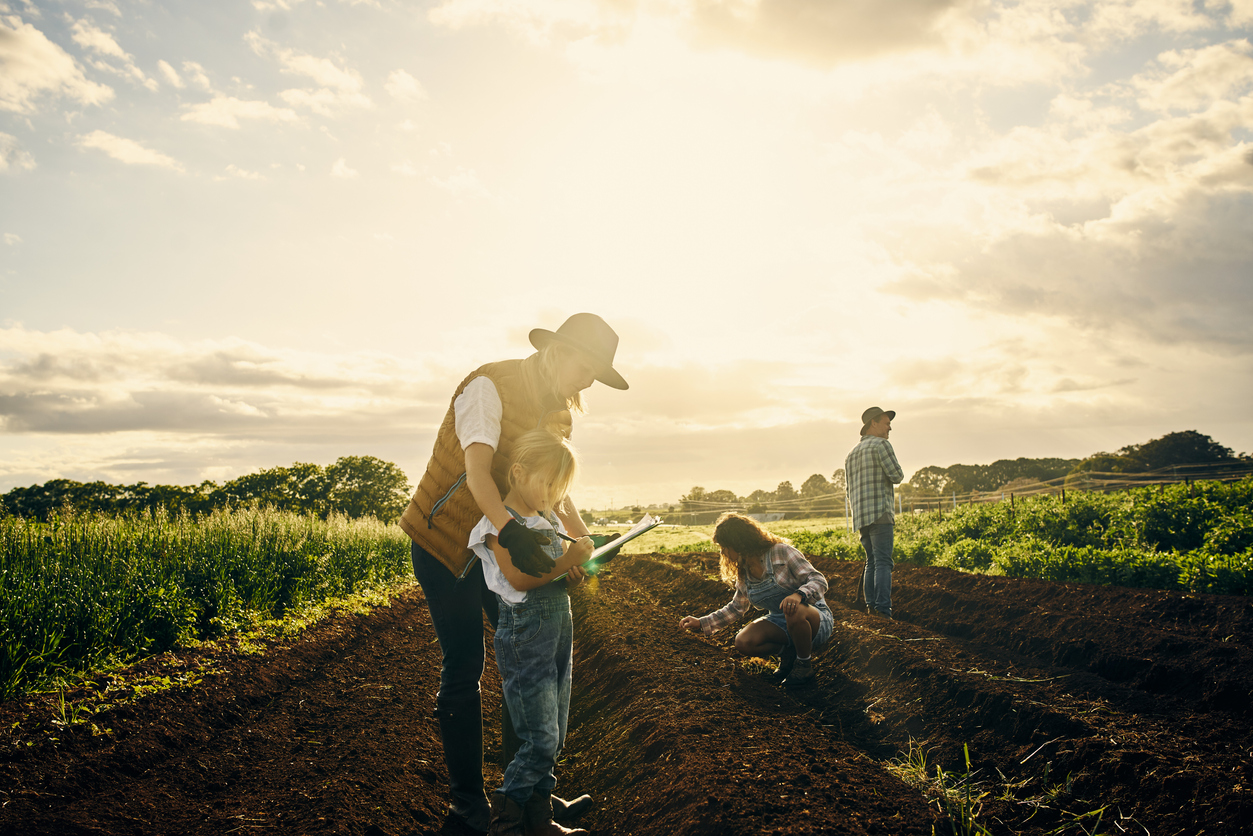
Australia has been in steady trade negotiations with the European Union since 2018. While the government announced they were no longer pursuing a deal in July, citing an unfair impact on farmers, conversations picked up again in recent months.
Last weekend, Australian and EU officials met in Osaka to discuss how to move forward, leaving many producers concerned for their future.
Years-long negotiations
Since negotiations began five years ago, Australia has been seeking access to EU markets. Currently, accessing this market of nearly 446 million people is difficult due to heavy tariffs and quotas. The EU is Australia�s third-largest trading partner, with a market worth US $16.6 trillion. Easier access to trade could have a positive impact on the success of Australia’s export market.
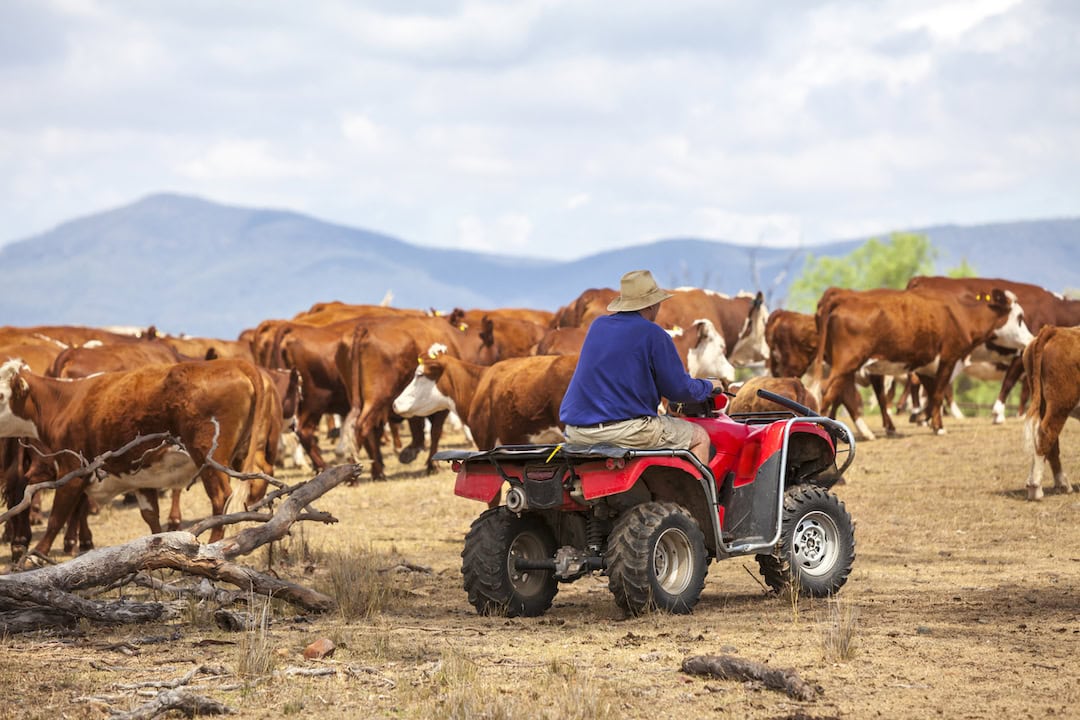
In return, the EU is requesting investment access to our critical minerals industry. Australia supplies around 50 percent of the world�s lithium, as well as several rare minerals used in batteries and other important products.
The G7 Trade Ministers met in Osaka last weekend. Despite farmers repeatedly warning the Albanese Government that the existing deal on offer was one-sided, many were concerned they would sign a free trade deal.
While the Australian agriculture sector had long supported a free trade agreement with the European Union that would deliver access to this large, high-value market, it had to deliver value for both parties. Negotiations did not reflect well on this requirement.
According to Australia�s Trade Minister Don Farrell, major negotiations were concerned with increased market access for Australian beef, lamb and sugar. The EU proposed low quotas, citing the recent Australia-UK trade deal in 2021, which included a large uptake of Aussie beef and sheep meat. While the EU argued that this impacted European producers by reducing their market share in the UK, leading Australian negotiators were still hopeful that better conditions for our producers could be achieved.
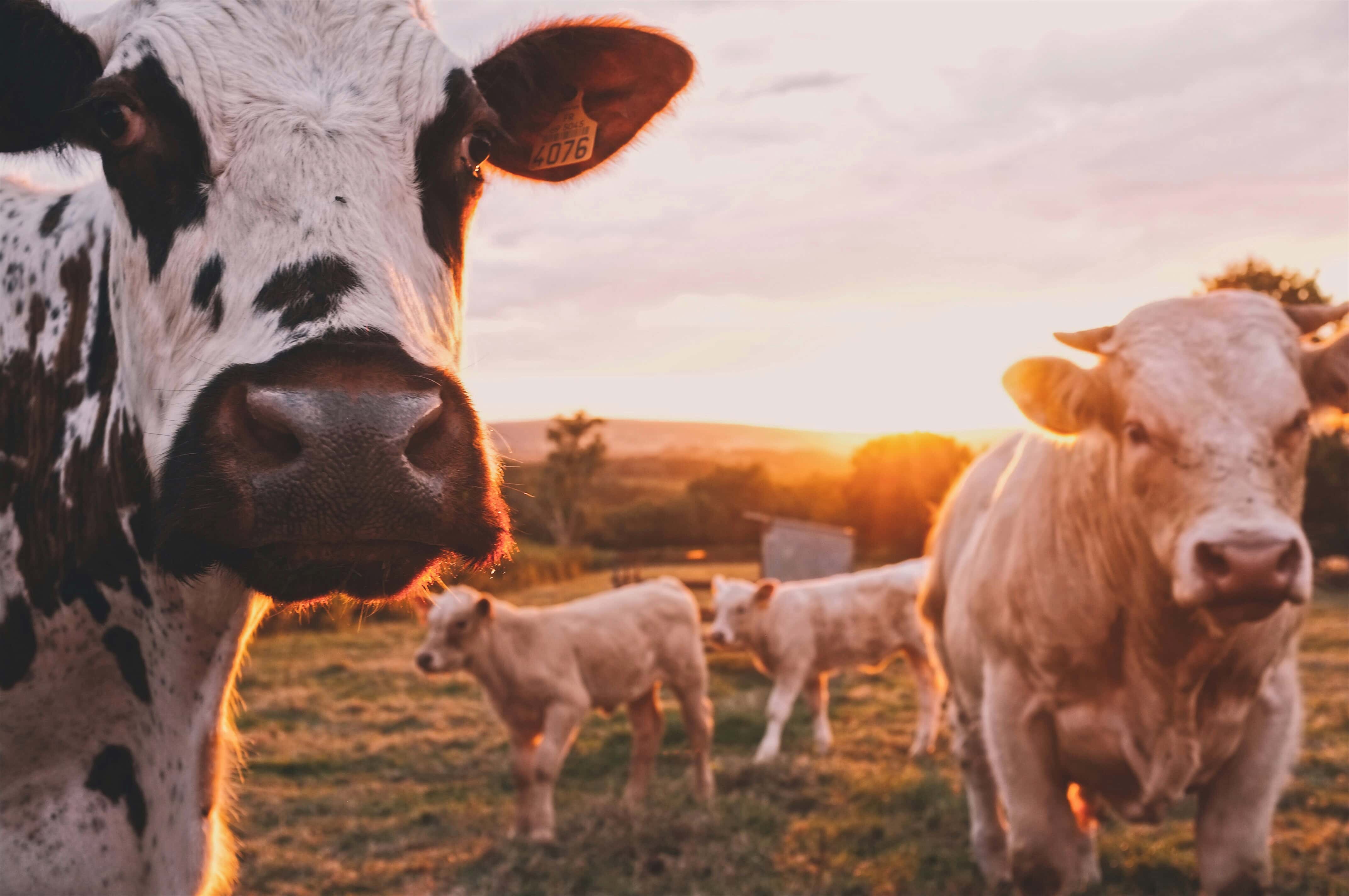
At a cross-roads
Fortunately, it was confirmed earlier this week that the Osaka trade negotiations were called off after negotiating bodies concluded it wasn’t a fair deal for Aussie farmers.
The National Farmers� Federation has congratulated Trade Minister Don Farrell for turning down an EU trade offer that would have disadvantaged our producers.
Speaking following the briefing of industry representatives in Osaka, NFF President David Jochinke said the Minister had made the right call for Australia.
�Today�s decision was a hard one, but ultimately it was the right one. We thank Minister Farrell and Agriculture Minister Murray Watt for standing by Australian farmers and walking away from an unacceptable offer,� Mr Jochinke said.
�It�s disappointing the Europeans weren�t willing to put something commercially meaningful on the table. This was always going to be a tough negotiation with no guarantee an outcome.
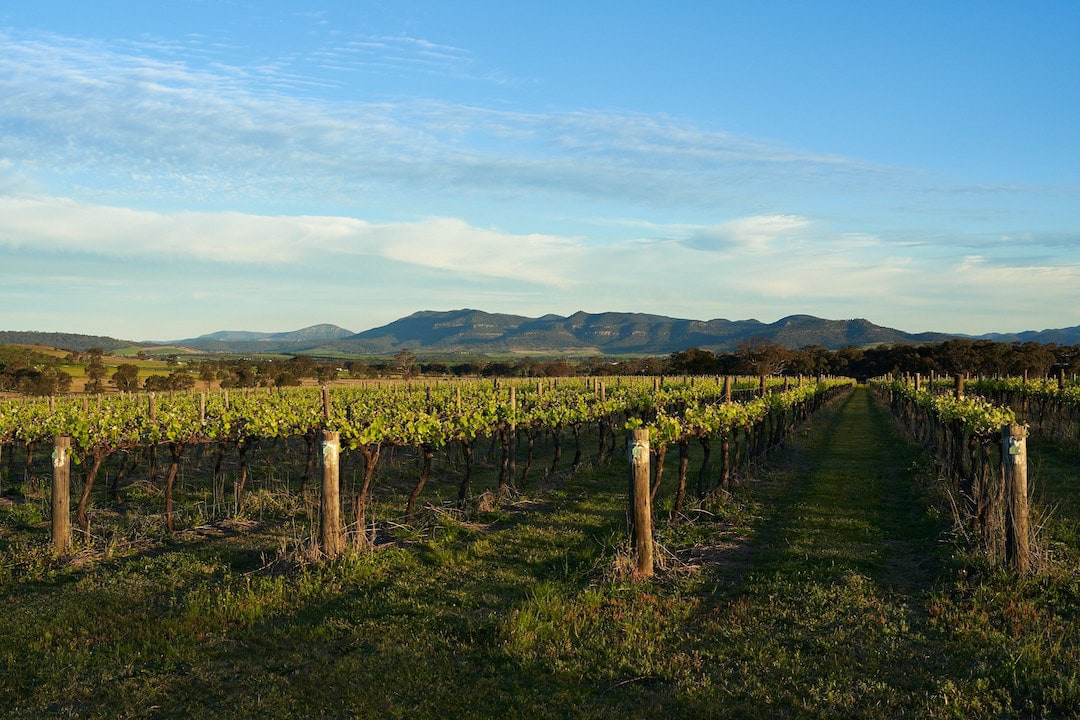
�What was on offer would have hardwired protectionism into our trading relationship with Europe for another generation. It would have locked our farmers in at a disadvantage to competitors in New Zealand, Canada and South America.
�Australia has always been a champion for open and fair trade on the world stage. Today�s decision by Minister Farrell continues that legacy.
�Ultimately, we all want a deal with the EU that benefits both sides. We encourage the Government to maintain dialogue with the EU to work towards this if and when the time is right.
�It should be clear though to the EU from today�s events that Minister Farrell isn�t willing to throw Aussie farmers under the bus just to get the deal done.
�He�s held firm to protect Australia�s interests in the face of intense pressure from EU negotiators, and for that we�re incredibly grateful.
�We�d like to thank Australia�s team of negotiators and the team from the Department of Agriculture, Fisheries and Forestry who have worked tirelessly to produce a meaningful outcome, we hope those efforts will be rewarded with a deal in the future,� Mr Jochinke concluded.
To learn more about the EU trade agreements, click here.


